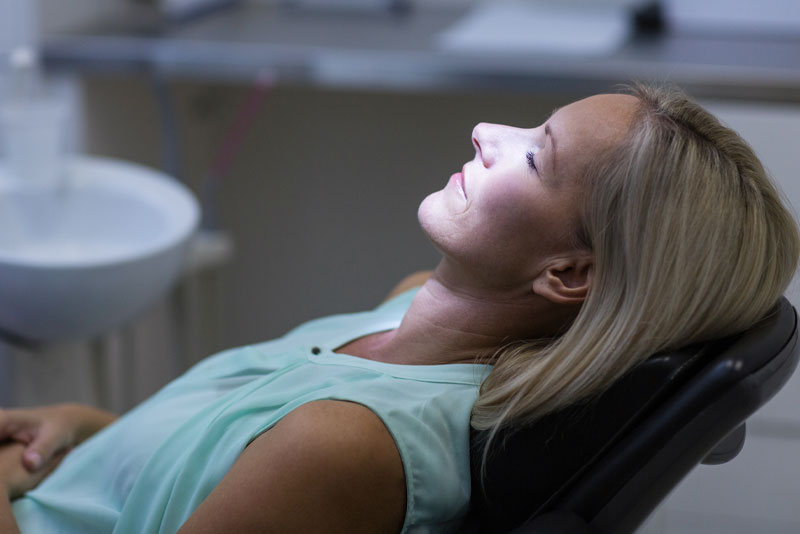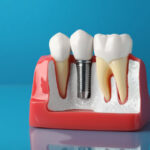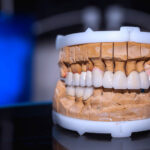Nitrous oxide
Nitrous oxide or “laughing gas” can be used during any periodontal procedure in healthy patients. Nitrous works to provide anxiolytic (anxiety) and mild analgesic (pain) reduction during dental work by breathing though a mask. Once the work is completed, oxygen flushes out nitrous oxide clear of your system. There are no eating, drinking, or driver requirements.
Oral conscious sedation
Benzodiazepine medication also known as “oral sedation” is a pill taken in the office 1 hr prior to your appointment to provide anti-anxiety, sedation and amnesia (memory impairment) effects. Patients electing oral sedation are relaxed and may be in and out of sleep during the implant or periodontal procedure. The patient must not eat or drink any fluids for at least 6 hours prior to the appointment. A driver is required and the patient cannot drive for the remainder of the day.
IV conscious sedation
Benzodiazepine (anti-anxiety) and narcotic (pain reduction) medication can also be delivered intravenously or by “IV”. Dr. Anderson would administer or “titrate” these medications to provide a moderate conscious sedation where a deeper level of sedation is reached compared to the nitrous oxide and oral sedation. Patients may not remember their appointment and frequently sleep though the procedure. Benefits of the IV option include narcotic administration for discomfort and immediate access to deepen or lighten the level of sedation experienced. As with oral sedation, IV patients cannot eat or drink for at least 6 hours prior to the appointment and cannot drive that day.
Regardless the sedation method chosen, the patient will always receive local anesthesia or “numbing” for a pain free procedure. Dr. Anderson’s patients electing oral or IV sedation are monitored with EKG, pulse oximetry, and capnography to ensure you are sedated effectively and safety. There are some relative and absolute medical contraindications to the sedation methods listed. Discuss your medical history with Dr. Anderson to ensure you are a candidate for sedation and to determine which option is best for you.





